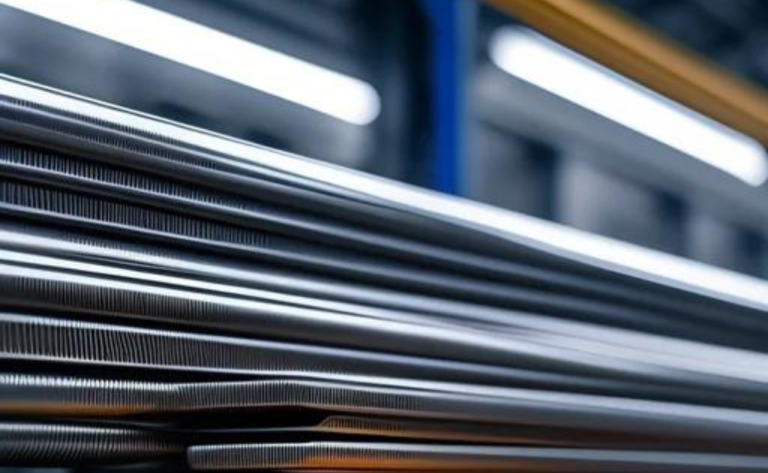When Mechanical Energy Is Conserved
When Mechanical Energy Is Conserved: The Role of Mechanical Engineers in Innovative Product Design

Mechanical engineers, with their extensive experience of 30-40 years, play a pivotal role in ensuring that mechanical energy is conserved and harnessed effectively. Let’s dive into what mechanical engineers do and explore the future prospects of this dynamic field.
The Guardians of Mechanical Energy
Mechanical engineers are the custodians of mechanical energy conservation, utilizing their expertise to design and optimize systems and devices. Their work is instrumental in various industries, from automotive to aerospace.
Innovating for Efficiency
Innovation is the driving force behind mechanical engineering. Engineers are tasked with creating and improving products that not only conserve mechanical energy but also maximize its use. Whether it’s developing fuel-efficient engines or designing sustainable energy systems, innovation is at the core.
The Mechanical Engineer’s Arsenal
Mechanical engineers utilize a range of tools and methods to achieve mechanical energy conservation. From computer-aided design (CAD) software for precise modeling to finite element analysis (FEA) for stress simulations, these professionals employ cutting-edge technology to optimize designs.
Tips and Tricks for Energy Conservation
1. Efficient Design: Prioritize the design phase to ensure mechanical energy is conserved from the outset. Consider factors like materials, components, and friction reduction.
2. Renewable Energy: Embrace renewable energy sources, such as wind and solar power, to harness mechanical energy sustainably.
3. Maintenance Matters: Regular maintenance and fine-tuning of mechanical systems can prevent energy wastage and prolong the lifespan of equipment.
Q&A: Addressing Common Queries

Q: What is the primary role of a mechanical engineer in energy conservation?
A: Mechanical engineers are responsible for designing and optimizing mechanical systems to minimize energy loss and enhance efficiency.
Q: Will mechanical engineers be needed in the future?
A: Absolutely. With the growing emphasis on sustainability and innovation, the demand for mechanical engineers is expected to rise, especially in industries focused on energy conservation and efficient product design.
Q: How can I pursue a career in mechanical engineering?
A: To become a mechanical engineer, you’ll typically need a bachelor’s degree in mechanical engineering or a related field. It’s also essential to stay updated with the latest technological advancements in the field.
Navigating the Future

The future of mechanical engineering looks promising. With the world’s increasing focus on sustainability and energy conservation, the role of mechanical engineers becomes even more critical. These professionals will continue to drive innovation, creating products and systems that not only conserve mechanical energy but also address our evolving needs.
In conclusion, mechanical engineers are the architects of a sustainable and energy-efficient future. Their expertise is integral to conserving mechanical energy and designing innovative products that leave a positive impact on our world. As you explore this dynamic field, remember that the potential for innovation and positive change is boundless. Whether it’s reducing energy waste, improving transportation systems, or designing cutting-edge machinery, the work of mechanical engineers shapes the world we live in and the future we aspire to achieve.







